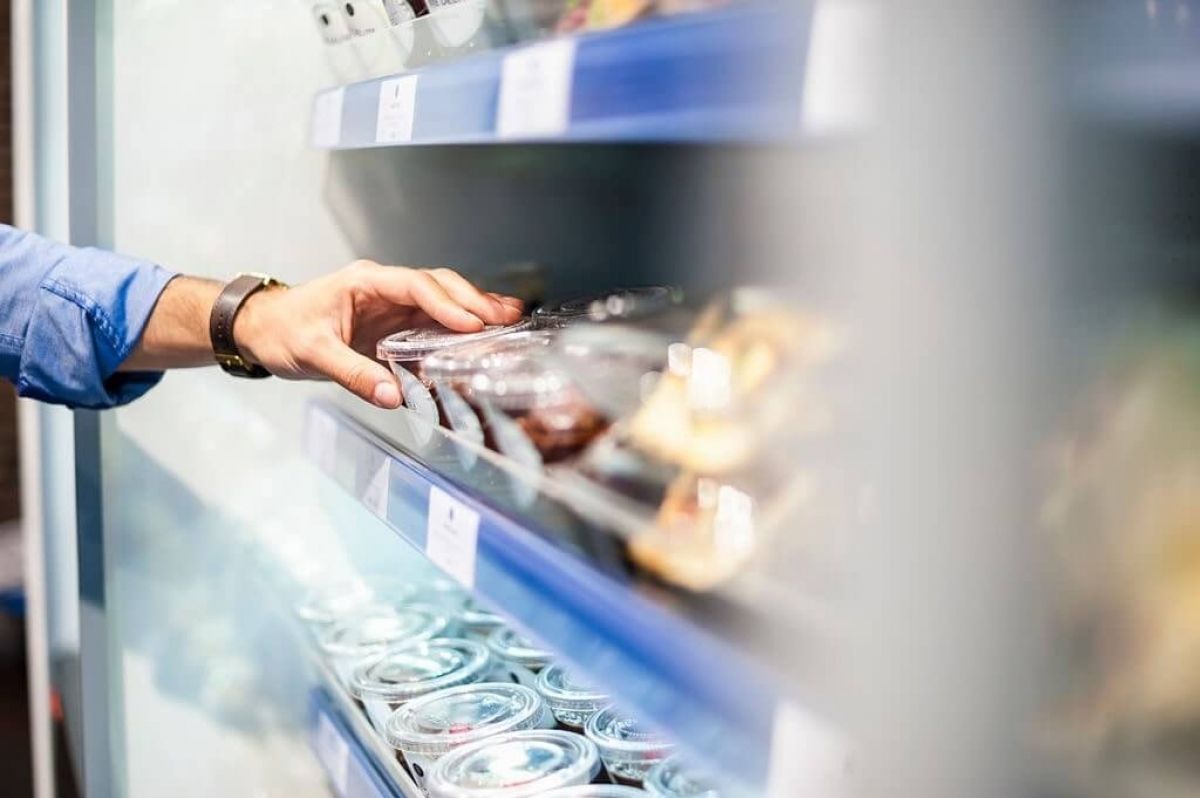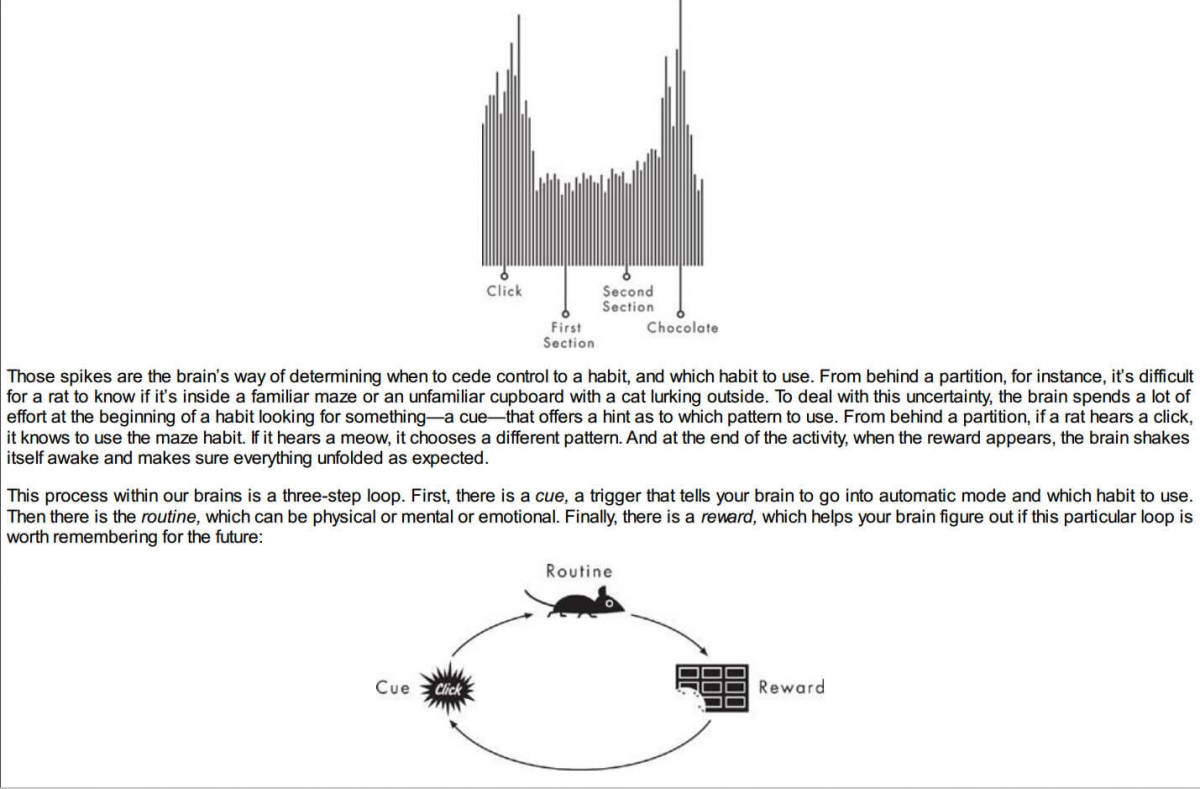We specialise in serving headquarters of global brands, helping them cut complexity costs in strategy execution across markets and fulfil their corporate role as scale economisers and advantage accelerators. Leverage our consulting expertise, technology solutions and remote talent resources to create organisational simplicity, scalability and efficiency in multi-market operations.
Transforming global brand marketing, creative and eCommerce function into a competitive advantage
 (EMEA) 14 markets
(EMEA) 14 markets
 (EMEA) 47 markets
(EMEA) 47 markets
 (EMEA) 17 markets
(EMEA) 17 markets
 (WHQ)
(WHQ)
“All our life, so far as it has definite form, is but a mass of habits,” William James wrote in 1892. Most of the choices we make each day may feel like the products of well-considered decision making, but they’re not. They’re habits. One paper published by a Duke University researcher in 2006 found that more than 40 percent of the actions people performed each day weren’t actual decisions, but habits.
These are just a few of amazingly intriguing insights I got from reading a book on habits - 'The Power of Habit - Why We Do Things We Do ' by Charles Duhigg. Author goes on explaining the architecture of forming habits, the way the function in business and life and how much they impact people and their lives, for both good and bad (think alcoholics, gamblers etc).
Brand Habits and Cumulative Competitive Advantage
Just about the same time I was reading this book, HBR January-February issue featured a story about customer loyalty and habits. Drawing from examples of Lego, Tide, Instagram authors argue "that performance is sustained not by offering customers the perfect choice but by offering them the easy one". The brain, it turns out, is not so much an analytical machine as a gap-filling machine: It takes noisy, incomplete information from the world and quickly fills in the missing pieces on the basis of past experience. Authors continue arguing that what keeps a brand going and growing is not the original value proposition it made to consumers but the easiness it creates for consumers in making or better said not making or not needing to make a choice. So it is not the perfect choice (or perfect product) but the easy choice.

Each time you choose a product, it gains advantage over those you didn’t choose - and this market position if done right creates what authors call 'a cumulative advantage'. The habit creating view of the Brand as an ability to create a cumulative and continuous advantage is an important one. Not only does it give guidance in future decision making about brand management issues (the packaging, distribution, place) it also provides a playing field to look at the role of digital.
Each time you choose a product, it gains advantage over those you didn’t choose.The Habit Loop - How Habits Work?
Borrowing from the book, I'll present the model the author introduced as an output of research done by scientific research on habit creation. One of the important questions is when do habits kick in and replace choice and vice versa - when do we do things automatically and when do we make rational and conscious choices? Habits, scientists say, emerge because the brain is constantly looking for ways to save effort, reserve energy. By automating non-important, or non-survival important decisions and information, humans were able to focus on other more demanding information in their environment. Brain conversion a sequence of actions into an automatic routine—what is known as “chunking' is at the root of how habits form.

First, there is a cue, a trigger that tells your brain to go into automatic mode and which habit to use. Then there is the routine, which can be physical or mental or emotional. Finally, there is a reward, which helps your brain figure out if this particular loop is worth remembering for the future. What was missing from this model as research found was the element of 'craving' - it is only when our brains start to crave the reward it is when people will follow the habit.
What was missing from this model as research found was the element of 'craving' - it is only when our brains start to crave the reward it is when people will follow the habit.
Article Below

 Boris Ziegler
Boris Ziegler